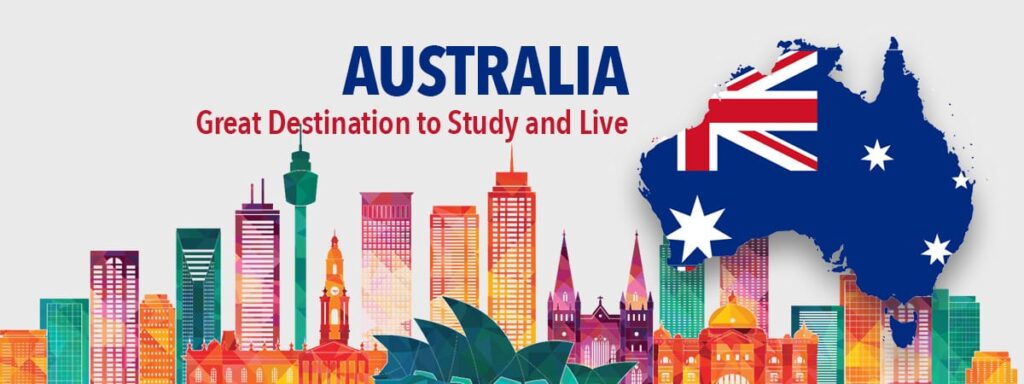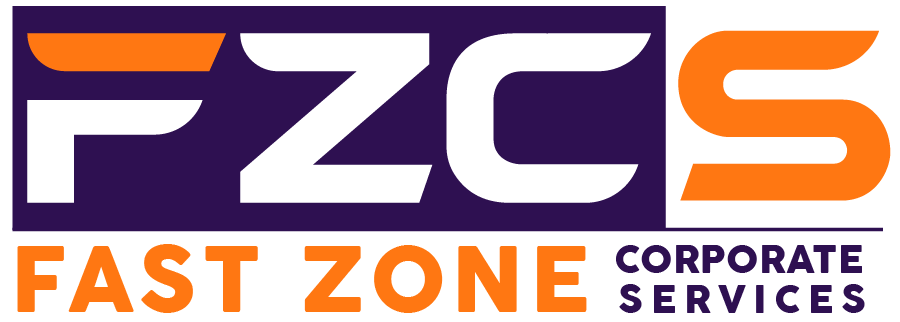
About South Korea Visa
South Korea offers various types of visas for individuals wishing to visit, work, study, or reside in the country. Here’s an overview of the different types of South Korean visas:
- Tourist Visa (C-3): The Tourist Visa, or C-3 visa, is for individuals who wish to visit South Korea for tourism, sightseeing, visiting family or friends, or attending events or conferences. C-3 visas are typically granted for short-term stays and may have single or multiple entries.
- Business Visa (C-4): The Business Visa, or C-4 visa, is for individuals who wish to visit South Korea for business-related activities such as meetings, negotiations, or market research. C-4 visas may be granted for short-term stays and are typically sponsored by a South Korean company or organization.
- Work Visa (E Visas): Work visas in South Korea are categorized under E visas, with different subcategories depending on the type of employment. Some common types of E visas include:
- E-1 Visa: Professor or researcher.
- E-2 Visa: English teacher or instructor.
- E-3 Visa: Professional or technical personnel.
- E-4 Visa: Technicians and engineers.
- E-5 Visa: Specialized occupation workers.
- E-6 Visa: Artistic or entertainment-related professions.
- E-7 Visa: Salaried employees.
- E-9 Visa: Non-professional employment.
- Student Visa (D-2): The Student Visa, or D-2 visa, is for international students who wish to study at educational institutions in South Korea. D-2 visas are typically granted for the duration of the course of study and may include permission to work part-time during term and full-time during scheduled breaks.
- Working Holiday Visa (H-1): The Working Holiday Visa, or H-1 visa, is for young adults from certain countries who wish to travel, work, and holiday in South Korea for an extended period. H-1 visas are typically granted for up to one year and are subject to age and nationality requirements.
- Family Reunion Visa (F Visas): Family reunion visas in South Korea are categorized under F visas, with different subcategories depending on the relationship to the sponsor. Some common types of F visas include:
- F-1 Visa: Spouse of a South Korean citizen.
- F-2 Visa: Long-term resident (for spouses, children, and parents of South Korean citizens or residents).
- F-3 Visa: Dependent family member (for children and parents of South Korean citizens or residents).
- Other Visas: South Korea also offers visas for individuals with specific purposes, such as:
- Entertainment (E-6) visa for individuals in the entertainment industry.
- Cultural activities (D-4) visa for participants in cultural exchange programs.
- Religious activities (D-6) visa for religious workers.
Additional Information:
- Visa Application Process: The visa application process for South Korea typically involves submitting an application form, passport photos, a valid passport, supporting documents (such as invitation letters, proof of accommodation, or proof of financial means), and paying the applicable visa fee. Depending on the type of visa and the applicant’s nationality, additional documents or requirements may be necessary.
- Visa Validity and Duration of Stay: The validity of a South Korean visa refers to the period during which the visa holder can enter South Korea, while the duration of stay refers to the length of time the visa holder is allowed to remain in the country after each entry. It’s essential to pay attention to both the validity and duration of stay specified on the visa to avoid overstaying or violating visa conditions.
- Health Insurance Requirement: South Korea requires all foreign nationals entering the country to have valid health insurance coverage for the duration of their stay. It’s advisable for travelers to obtain comprehensive health insurance that covers medical treatment, hospitalization, and emergency evacuation in case of illness or injury while in South Korea.
- Registration with Immigration Authorities: Some visa holders in South Korea may be required to register with the local immigration authorities within a certain period after arrival. This includes individuals with long-term visas such as work visas, student visas, or family reunion visas. Failure to register as required may result in penalties or legal consequences.
- Residency Registration: Foreign nationals staying in South Korea for more than 90 days are required to register their place of residence with the local district office (gu office) within 90 days of arrival. This includes individuals with long-term visas such as work visas, student visas, or family reunion visas. Failure to register may result in fines or other administrative actions.
- Understanding Visa Restrictions: South Korea may have restrictions on certain nationalities or individuals with travel history to specific countries. It’s essential for travelers to understand and comply with any visa restrictions or entry requirements imposed by South Korean authorities to avoid complications or denial of entry.
- Visa Extensions and Renewals: In certain circumstances, it may be possible to extend or renew a South Korean visa while in the country. Visa extensions or renewals are typically granted for specific reasons, such as continued employment, study, or family reunion. Applicants should apply for extensions or renewals well in advance of the visa expiration date.
- Language Requirements: Depending on the type of visa and the purpose of stay, individuals may be required to demonstrate proficiency in the Korean language or English language. This may include providing proof of language proficiency through standardized tests or interviews.
- Consulting with Immigration Professionals: Due to the complexities of South Korean visa regulations and procedures, individuals may benefit from seeking advice and assistance from qualified immigration lawyers, visa agencies, or consultants. Immigration professionals can provide guidance on visa options, assist with the preparation of visa applications, and address any concerns or issues that may arise during the process.




